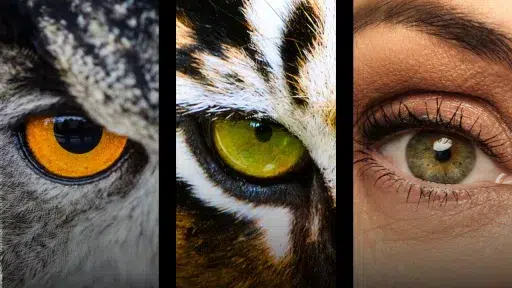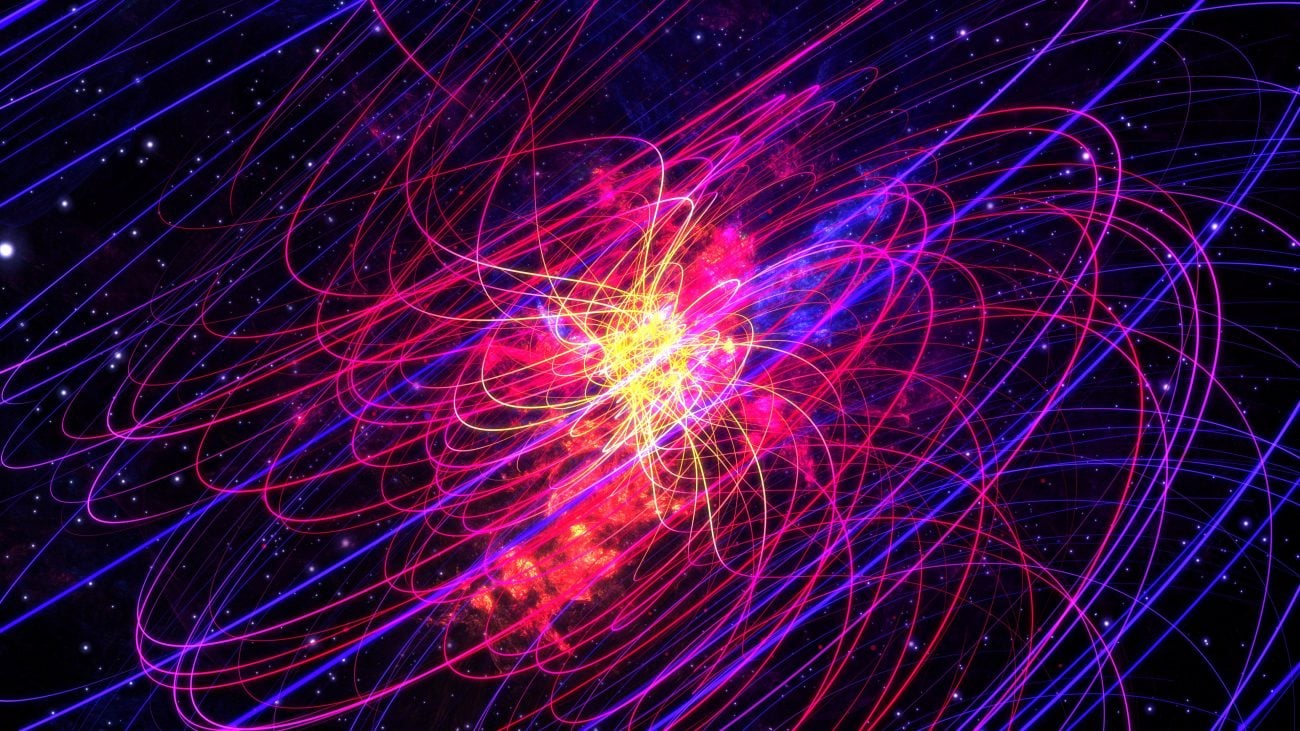Two co-ordinated attacks at different sites in Spain: Barcelona and Cambrils. Thirteen dead, over 100 injured, and we have heard the same words across the airwaves as we always do.
“We are stronger together”.
“Our thoughts and prayers are with the families and victims”.
After the number of terrorist attacks that have occurred, I wonder whether politicians just have a “Response to Terrorism” proforma saved as a Google Document, in which they just replace the name of the country and the cities. Perhaps they have one document which reads “Response to Terrorism in Western countries” with detailed condemnation, and then another one titled “Response to Terrorism anywhere else” with a blank page to tweet out from. After all, it was only four days ago that a terrorist attack in Burkina Faso left 18 dead in a restaurant. Didn’t hear about it? Yeah, me neither.
Such expressions of compassion and condolence are however, I believe, necessary and important, as they do demonstrate solidarity between peoples. Nevertheless, we must ask ourselves what we are doing wrong. How can we change our policy to ensure that such platitudes never have to be made again? To do so, we must understand the underlying motivations of terrorists.
The population of Barcelona is approximately 1.6 million. Are we to believe that the terrorists who struck Barcelona on Thursday were seeking to reduce its population by killing thirteen individuals? Likely not. What the terrorists sought to achieve — like all terrorists — was villainous celebrity, and attention for their cause. They wanted the whole world to look at them and be shocked by the depth of their hatred and nihilism. And you know what? It has worked.
Look at any paper online and you will find wall-to-wall coverage of the events, with real-time updates. In the London attacks, you could watch dash-cam footage of the police hurtling towards danger. You can watch videos of shocked bystanders, speaking of how they came face to face with death. You can read about how brave citizens used their wits and courage to save tens of lives. As the days roll on, the coverage won’t stop or let up. Details of the events will emerge more and more. Timelines will be formulated. Politicians, community leaders, religious leaders will stand up and rightly denounce the heinous crime, in intense hand-wringing sessions. In London, ministers appeared on television and spoke about new anti-terrorism legislation, while Her Majesty’s Opposition highlighted how she was warned of such dangers of terrorism even as she cut 20,000 police officers from the UK during her time as Home Secretary. In short, an entire media machine, with all its paraphernalia, will go to work, and the faces, stories and narratives will be built up around the atrocities committed by twisted, hate-filled young men.

This coverage of terrorist atrocities does not help anyone except the terrorists themselves. By giving them the attention they crave, we are incentivising future terrorist atrocities. By plastering their actions across the news, we are laying the groundwork for future threats to Europe. Put yourself in the mind of a terrorist, planning an attack. You want your actions to garner the greatest degree of attention. Would you choose to attack a country or city in which terrorist acts are given the widest publicity, and the broadest attention, in which the seeds of division and hatred between communities could be most easily sown, or would you rather attack a country or city in which attacks simply go un-reported? A country in which your actions may find mention only as those of a petty criminal, or a deranged psychopath, buried in the fourth column of page nine of the Daily Express? No photo. No dash-cam footage. No eye-witness testimony. Just the bare bones of your pathetic end, with no mention of your cause at all.
The best example of this policy is found in the not too-distant past. It was Margaret Thatcher who instituted a policy to keep reporting of IRA atrocities to a minimum. They would be reported, yes, but they would not be put on the front page, and they would not be made the focus of the day’s news. I’m not one to agree with Thatcher on much, but on this point, she was spot on. She did not call for censorship, stating that “in our societies we do not believe in constraining the media, still less in censorship.” Instead, she called on the media to exercise a “voluntary code of conduct… under which they would not say or show anything which could assist the terrorists’ morale or their cause while the hijack lasted.” It was precisely this kind of action that de-incentivised terrorist atrocities, and forced militants into talks with the government. And while there is no place for dialogue with groups like ISIS and Al-Qaeda, they do want to garner attention, and sow the seeds of division and hatred in society. Reporting on their actions like we currently do, is feeding the very purpose of their existence.
“Publicity is the oxygen sustaining most terrorist or extremist groups”
This was put best by the current Caliph of the worldwide Ahmadiyya Muslim Community when, echoing the sentiments of the late Margaret Thatcher, he said: “Publicity is the oxygen sustaining most terrorist or extremist groups.” He went further by calling on the media to take up the fight against terrorism: “there is no doubt that the media plays a huge role in influencing public opinion and so the media should use this power responsibly – as a force for good and as a force for peace. It should show the world what true Islam represents, rather than focusing on the merciless acts of the tiny minority.”
Some might say that not giving attention to terrorist atrocities would be wrong, since it would entail ignoring the victims of such attacks too. But one could easily argue that a media-policy in which terrorist atrocities are de-incentivised is a more fitting tribute to the victims of terrorist atrocities, than a media policy which feeds terrorism in a symbiotic relationship. One could also argue that such a restriction on reporting, or a “voluntary code of conduct,” though possible in the age of Thatcher, is no longer possible in the age of phone cameras and instant messaging. While this argument does have some validity, we must not overstate it. A video of a terrorist atrocity taken from a phone camera may garner even tens of thousands of views on YouTube, but it is the process of sharing and re-sharing videos across multiple media platforms that drive viewership.
“We may need to rethink the sensationalist coverage of terrorism and stop providing terrorists a free media platform”
This perspective is not without hard-evidence. Michael Jetter, a professor of the school of Economics and Finance at the Universidad EAFIT in Medellin, Colombia, found through analysis of 60,000 terrorist attacks between 1970 and 2012 that a single article in the New York Times of an incident in a given country increases the likelihood of a future terrorist attack in that same country by 11-15%. He calculated that a single article published in the New York Times is related to, on average, one to two more victims of terrorism from follow-up attacks in the following week. “We may need to rethink the sensationalist coverage of terrorism and stop providing terrorists a free media platform,” Jetter argued. “Media coverage of other events that are causing more harm in the world should not be neglected at the expense of media marathons discussing the cruelties of terrorists.”
Jetter is right, as was Thatcher, as is Ahmad, Caliph of the Ahmadiyya Muslim community. The media should not be censored, but a code of conduct should be developed to ensure that terrorists are not given the attention they so deeply crave. Front page, rolling media-marathons of their heinous actions must come to an end. This is how we can eradicate terrorism from our streets. They do not deserve our time, so let’s stop giving it to them.










